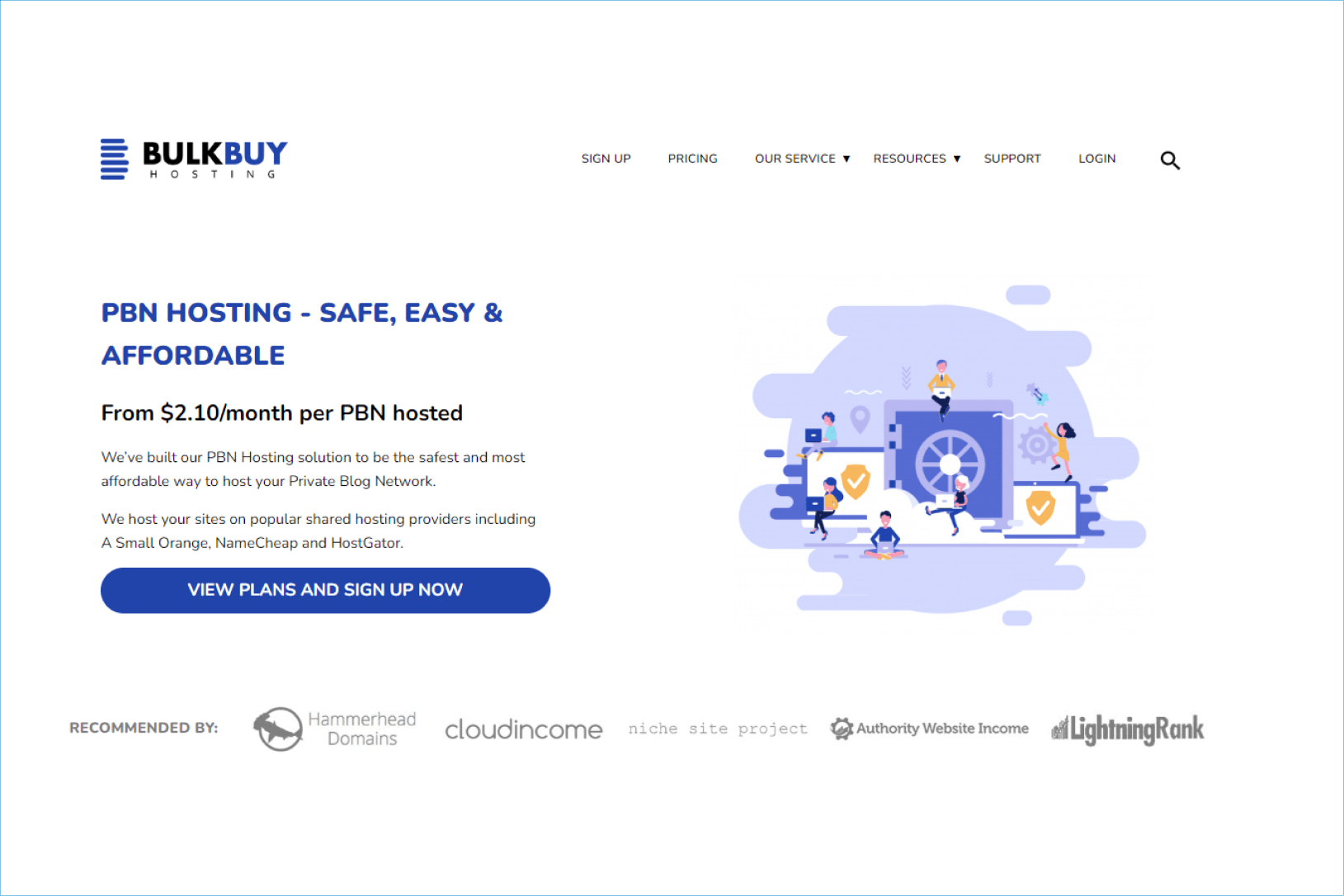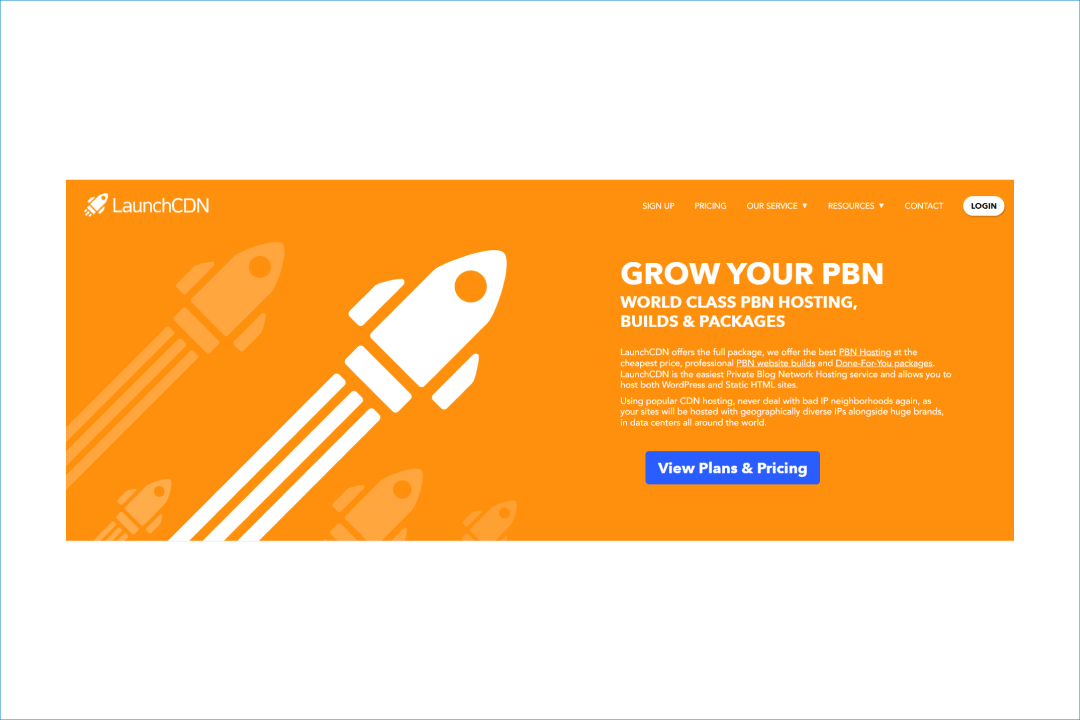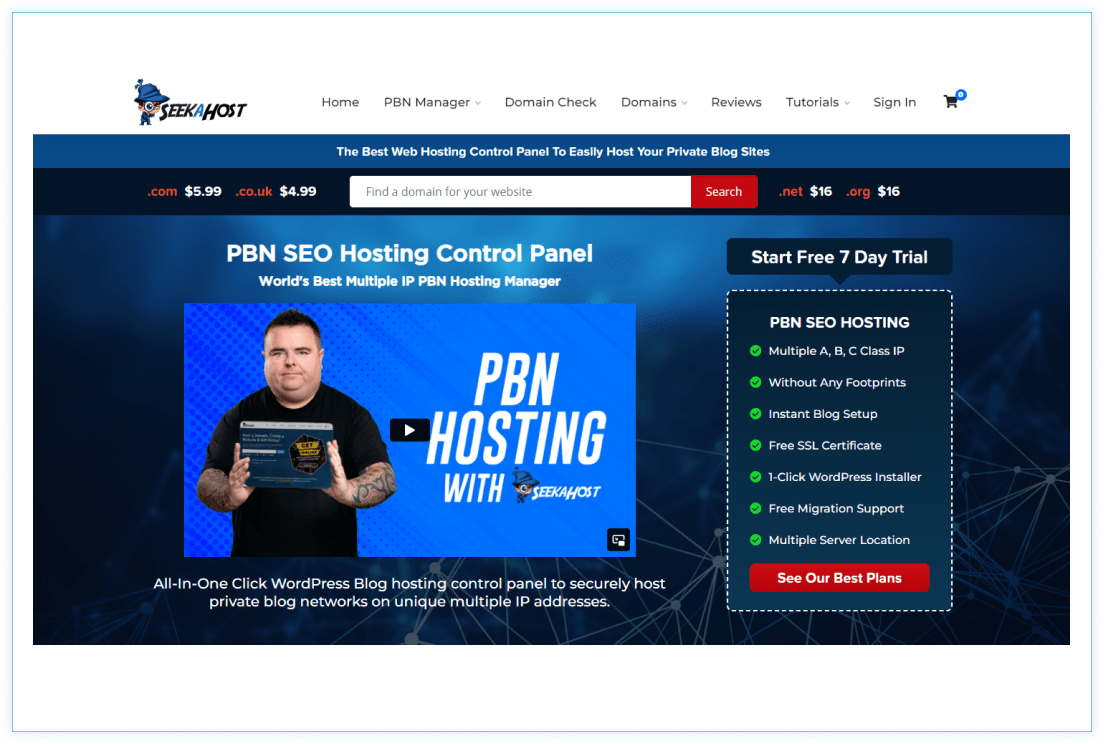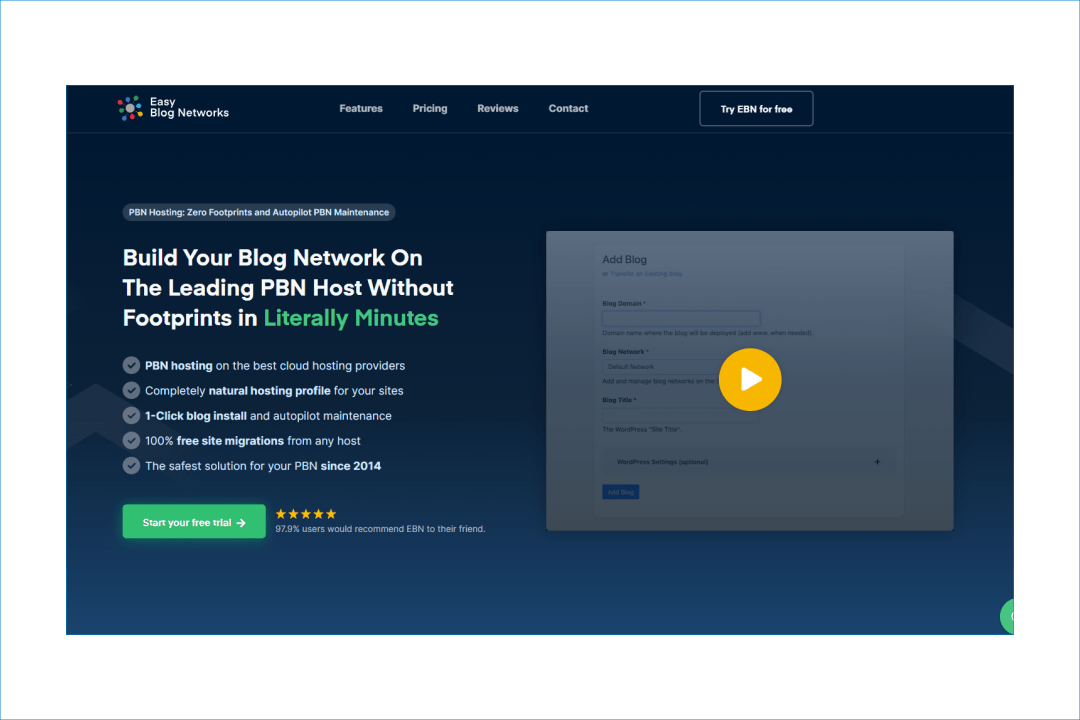
Do you want your website to rank higher on search engines?
If so, understanding domain authority and how it affects SEO is essential.
Nearly half of all web traffic comes from Google and other search engines, making domain authority a key factor in your success online.
In this article, we’ll take an in-depth look at what domain authority is, how it affects SEO and the impact it has on search rankings.
So let’s get started!
Key Takeaways
- Domain Authority reflects a website’s authority in the eyes of search engines, primarily Google.
- A Good Domain Authority Score is considered above 50-60 DA.
- While not a direct ranking factor, DA is a valuable metric for comparing your website’s authority to competitors.
- Increasing your DA can lead to better search engine visibility and increased online success.
- To boost your DA, focus on obtaining quality backlinks, creating valuable content, optimizing your site, and following SEO best practices.
What is Domain Authority?
Domain Authority reflects a website’s authority in the eyes of search engines, primarily Google.
Developed by Moz, it is a numerical score that ranges from 0 to 100. A higher DA indicates a more reputable and trustworthy site.
Another perspective on domain authority is that it indicates how closely your website aligns with your industry or a specific topic. It serves as a gauge of your domain’s overall strength and influence when it comes to search engine rankings.
However, it’s important not to mix up domain authority with page authority, as there is a subtle distinction between the two.
Domain authority assesses the overall ranking power of your entire domain, including its subdomains. In contrast, page authority evaluates the ranking potential of individual pages within your website.
More about the differences between domain authority and page authority you can learn here.
How Does Domain Authority Affect SEO
Having a strong domain authority can hugely impact your website’s SEO. As a business, you must learn how to maximize traffic and link building in order to gain visibility through search engines such as Google.
Domain Authority (DA) is an important factor in this process, as it helps to measure the strength of your website compared to other domains on the internet. A higher DA score indicates that your site has better quality content, links from other high-authority sites, and overall trustworthiness with search engine algorithms.
The more authoritative your domain appears to be, the more likely it is that your website will rank higher for relevant keywords and topics within search results. Utilizing techniques such as link building and content optimization are great ways to improve domain authority which can ultimately result in increased SEO success for your business.
SEO Advantages of a High Domain Authority
When it comes to SEO, having a high Domain Authority (DA) can greatly benefit your website. While DA shouldn’t be your only measure of SEO success, it usually aligns with other important indicators like keyword rankings and organic traffic.
Here are some compelling reasons why a high Domain Authority is valuable for businesses:
Improved Chances of Ranking
Most top-ranking articles tend to have higher Domain Authority compared to others. This correlation is because of Google’s PageRank algorithm, which looks at the number of links to a website to determine its importance and how likely people are to click on it. In simple terms, more backlinks mean more trust and influence.
While Domain Authority isn’t a factor in search rankings, it is a good indicator of how “authoritative” your website is for the Search Engines. In short, high DA leads to better ranking and possibly good organic traffic because it is an indicator that we are doing things well.
DA Gains More Links From Other Sites
As already mentioned, a high DA is a signal that the site is reliable, leading to a natural increase in external backlinks. People working with websites often track these metrics to decide whether linking to a specific website is worthwhile.
Higher Profit From Selling Links and Advertising
If your goals are related to selling links and advertising, then a higher DA would certainly help you attract more customers.
Increased Selling Price for the Website
If you’re either looking to sell a website or it’s time to let it go, a high DA not only attracts more potential buyers but also enhances the site’s value, resulting in a higher selling price.
What Is a Good Domain Authority Score?
Numerous factors determine the Domain Authority (DA) score. For a reference point, well-established websites like Google, Apple, or Microsoft boast high DAs, typically ranging between 95 and 100. In contrast, newly established websites usually have low DAs, often between 10 and 20.
It’s essential to note that improving your site’s DA is more achievable when it’s in the 20 to 30 range than when it’s in the 70 to 80 range.
Here’s a breakdown of what each Domain Authority score signifies:
- Below 30: Poor
- 30 to 40: Below average
- 40 to 50: Average
- 50 to 60: Good
- 60 to 70: Very good
- Above 80: Excellent
Crucially, it’s important to remember that DA isn’t a direct Google ranking signal, but it can provide valuable insights into your website’s potential performance in search results.
We advise you to compare your site to others at your level that are ranking for similar words as yours in the search engine results pages (SERPs) and then work to enhance your DA accordingly.
How is Domain Authority Calculated?
Calculating Domain Authority involves using a unique algorithm, and it varies from one tool to another. For instance, Moz employs a comprehensive set of over 40 factors to determine your DA score.
Here are the most important factors:
- MozRank: This looks at how many websites link to a particular web page and the quality of these linking sites.
- Link Profile: Your link profile includes both internal links within your site and external links from other sites. Having your content link to high-quality sites and getting backlinks from reputable sources positively impacts your score.
- Root Domains: Moz also considers the number of different websites that link to your content. For instance, if you have 100 links, but they all come from one website, Moz counts this as a single root domain. So, it’s important to diversify your backlinks from various websites.
- MozTrust: This assesses the trustworthiness of the websites linking to your pages. Getting links from sources like university websites, government sites, or large organizations will earn you a higher score.
- Site Structure and User Experience: To achieve a high DA, make sure your site structure is easy for search engines like Google to navigate when they crawl your pages. Additionally, focus on delivering an excellent experience to your site visitors.
How to Increase Domain Authority
When it comes to boosting your website’s Domain Authority (DA), it’s essential to understand that it’s a long-term strategy.
Here are a few tips from our experience on how to increase your site’s DA:
Acquire High-Quality Backlinks from Authority Sites
Backlinks are a critical factor in calculating DA. They also significantly impact your search engine rankings. To boost your DA, focus on obtaining top-quality backlinks. You can do this by identifying your top referral sources, conducting competitor analysis to uncover their backlink sources, and engaging in guest posting on authoritative websites.
Create Link-Worthy Content
Producing outstanding content is essential. When people find your content helpful, they’re more likely to share it, increasing your chances of earning backlinks from high-authority sources. Different types of content like articles, guides, videos, infographics, podcasts, and slides can all contribute to improving your DA.
Audit and Remove Bad Links
While inbound links are crucial for your DA, bad links can do more harm than good. Spammy or low-quality backlinks can decrease your site’s DA and even result in Google penalties. Regularly audit your site for toxic links using SEO tools and reject or ignore these links using Google Search Console if necessary.
Improve Internal Links
A strong internal linking strategy enhances the user experience and makes it easier for search engines to crawl your site. Internal links pass link juice, indicating trustworthiness to search engines and boosting your DA. Consider using plugins like All in One SEO to manage your internal linking strategy.
Optimize Site Structure and User Experience
A well-structured and user-friendly website positively affects your DA. Create a sitemap to help search engines crawl your site efficiently.
Make Your Site Mobile-Friendly
A responsive design, mobile elements, and improved page load time are essential for mobile-friendliness. People spend a significant portion of their online time on mobile devices, and a mobile-friendly site helps improve your DA by catering to a broader audience.
Follow SEO Best Practices
Sticking to SEO best practices is fundamental. Optimize on-page elements like title tags, image alt tags, meta descriptions, and keywords. SEO directly impacts your Domain Authority, so consistently follow SEO best practices to enhance your rankings and overall DA.
By following these straightforward strategies, you can work towards improving your website’s Domain Authority, which in turn can lead to higher search rankings and greater online visibility.
How Do You Check Domain Authority?
The main method to check DA is by using Moz’s free DA checker.
While you can also use third-party tools such as https://websiteseochecker.com/, it’s important to note that they don’t independently calculate DA; they connect to Moz and take the results from it.
Why Did My Domain Authority Change?
Understanding the exact cause of a Domain Authority (DA) change can be a bit complex, as it involves many different factors and calculations. Whether your DA has gone up or down, several potential influences may be at play, including:
- Unrecorded Link Growth: Sometimes, your recent link growth may not have been accounted for in the web index used to calculate DA.
- High-Authority Sites: If very authoritative websites experience significant link growth, it can affect the scaling process, potentially impacting your DA.
- Low-Impact Links: If you’ve gained links from sources that don’t significantly contribute to Google rankings, it can influence your DA.
- Crawling Changes: Variations in the number of your linking domains that were crawled and included in the index compared to previous crawls can also affect your DA.
- Lower-Scoring Domains: If your website falls on the lower end of the DA scoring spectrum, it may be more susceptible to changes in the scaling process.
- Domain Authority 2.0: In 2019, the implementation of Domain Authority 2.0 led to changes in how DA is calculated, resulting in an average 6% decrease in DA for all websites. This restructuring aimed to improve the accuracy of DA.
Conclusion
While DA isn’t a direct Google ranking factor, it’s a useful tool for comparing your website’s authority with competitors and tracking your progress. To boost your DA, focus on acquiring quality backlinks, creating valuable content, optimizing your site, and following SEO best practices. These efforts can lead to better search engine visibility and online success.















































































